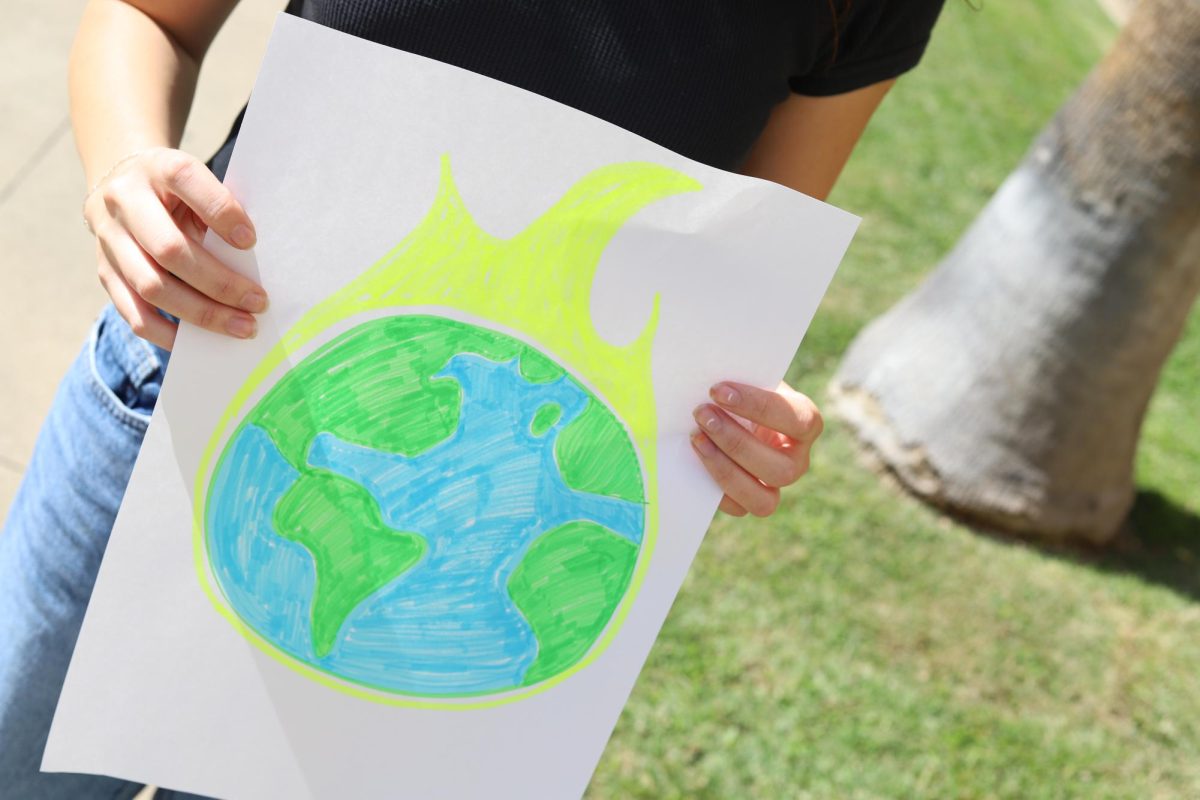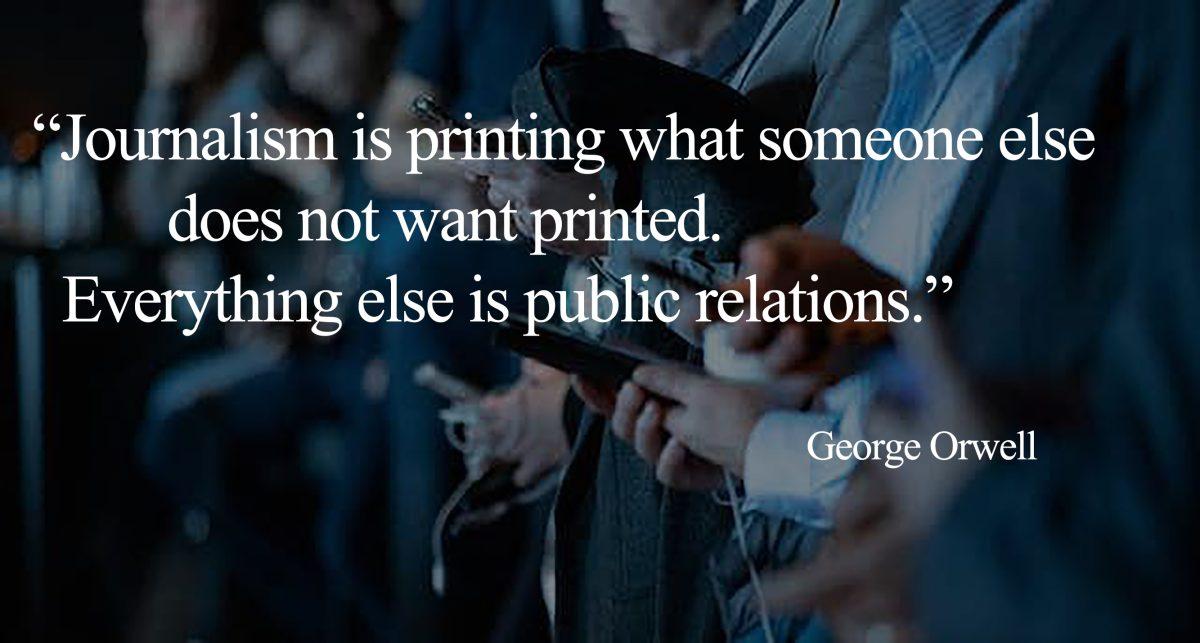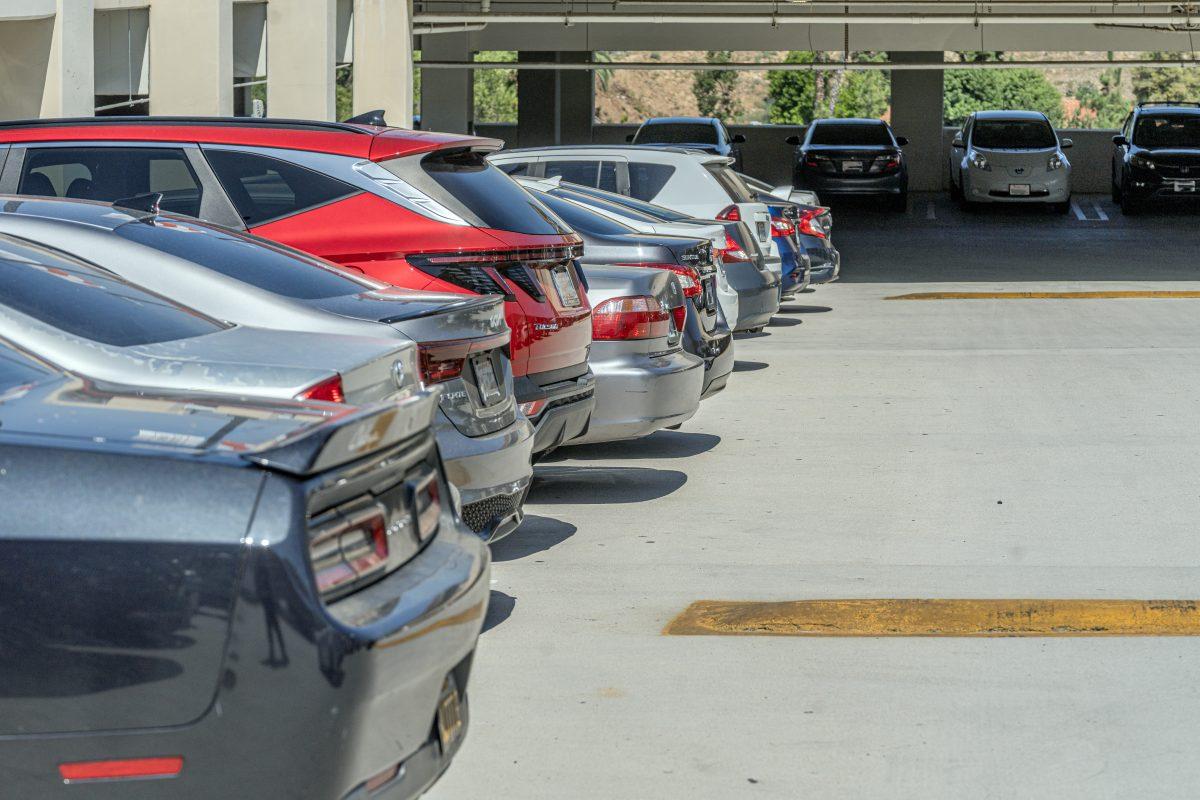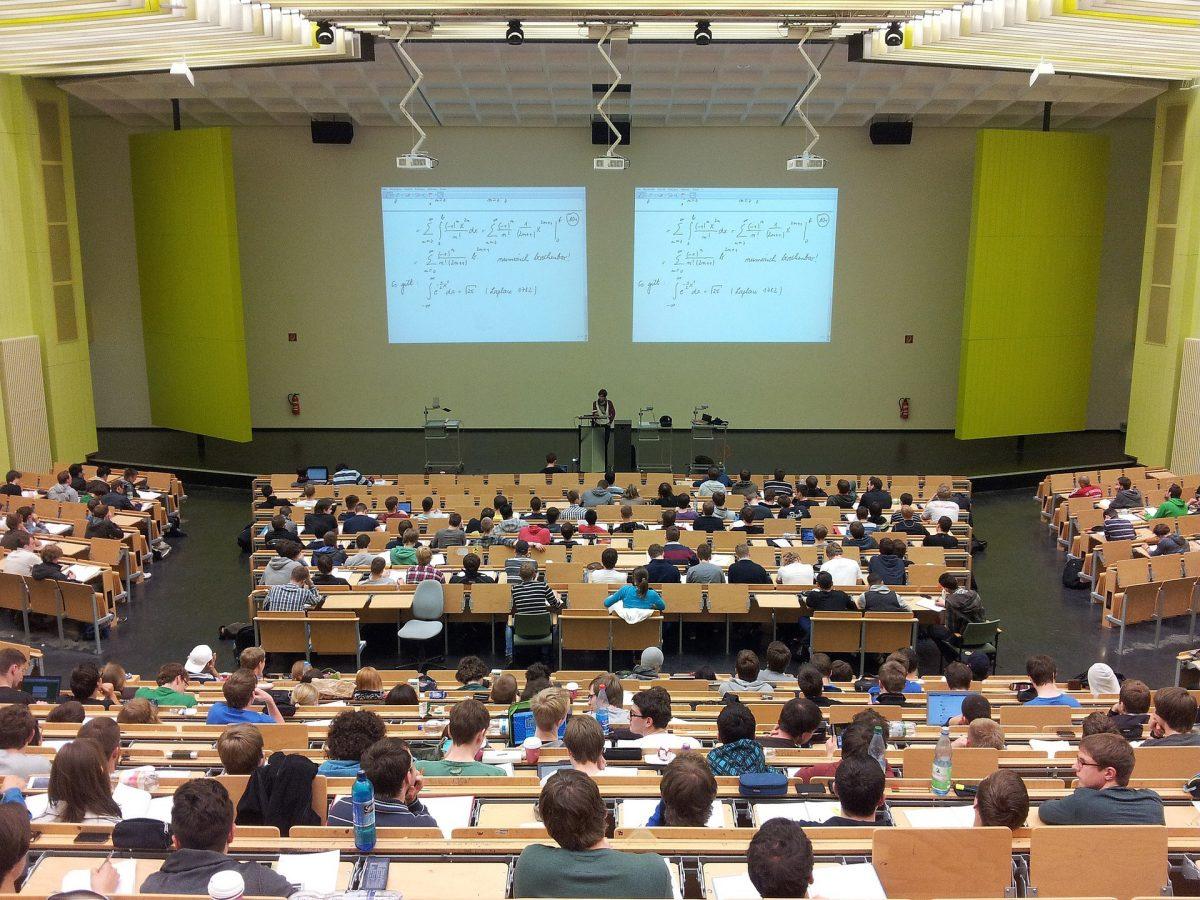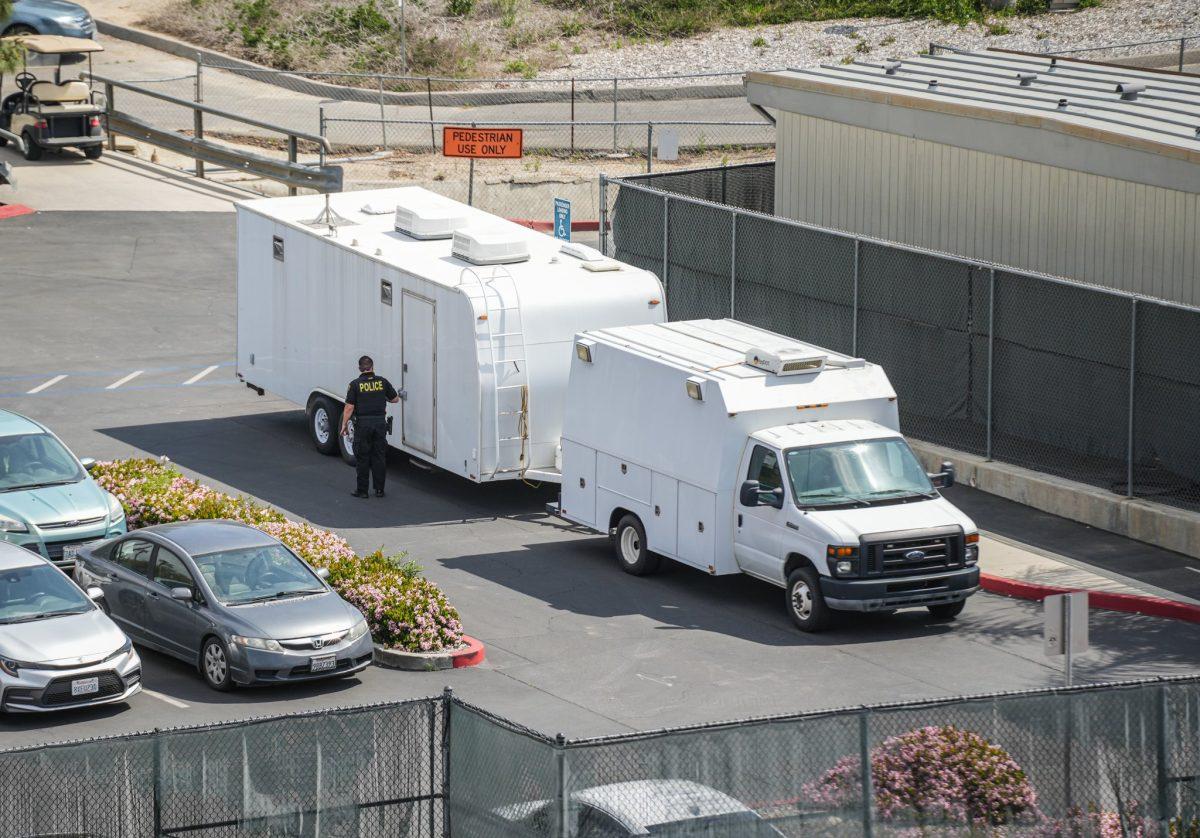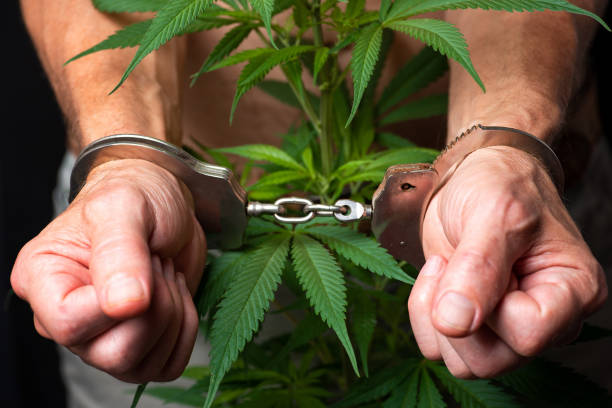As members of the Riverside community, most of us are committed to recycling and trying to improve our economy. Unfortunately, we are not doing enough as a large portion of the items we recycle do not end up being recycled.
Even with our good intentions in trying to recycle more, our efforts aren’t as effective as they should be. This is due to the fact that we face serious issues in the recycling process.
One significant issue is misinformation about what we can recycle. Each area has its own rules and guidelines for recycling which unintentionally causes mix-ups and mistakes.
For instance, in Riverside County, we can recycle paper, cards, junk mail, magazines, newspapers, aluminum and steel cans, clean aluminum foil, plastic and glass bottles, empty and dry plastic and glass food containers.
However, Los Angeles County has a larger variety of recyclable materials with items such as any color glass bottles or jars, microwaveable food trays and frozen food boil-in-bag pouches that can be recycled.
So even those of us who try to do the right thing might unknowingly put non-recyclable items into recycling bins.
Contamination is another issue when it comes to recycling. If the items we recycle are contaminated with anything that cannot be recycled, such as food waste and liquids, they can’t be processed correctly and would most likely end up being thrown out instead of recycled.
Additionally, the lack of efficient recycling facilities has negatively impacted our recycling efforts since several communities don’t have access to proper facilities to sort through and process our recyclables.
Over the past several years in California, hundreds of recycling centers have closed down due to global commodity prices. This creates drawbacks in the system and ultimately forces more items to be sent to landfills.
To make matters worse there are problems with recycling on a global scale as some countries have implemented restrictions on exporting recycled items which makes the recycling process even more challenging.
To give an example, in Turkey waste management is not a priority. This leads to most trash being disposed of in landfills. Similarly, in Chile unregulated dumping is prevalent due to an inconsistent waste management system.
As international markets for recyclables start to decrease, it puts a strain on our local recycling systems and leads to an increase in recyclables being dumped in landfills instead of being repurposed into new products.
If we face these problems head-on, we can start paving the way for a more eco-friendly future where our efforts in recycling actually make an impact.
To overcome our recycling challenges, we need to take the initiative to educate our communities on the proper recycling methods and local recycling protocols.
Also, if we invest in better recycling infrastructures and develop more advanced sorting and processing facilities, we can greatly improve the efficiency of our recycling system.
Through education and investing in proper infrastructure we can ensure more items are being recycled and repurposed into new resources. This will ultimately reduce our environmental footprint and promote a healthier planet for future generations.
Photo by Pawel Czerwinski via Unsplash


